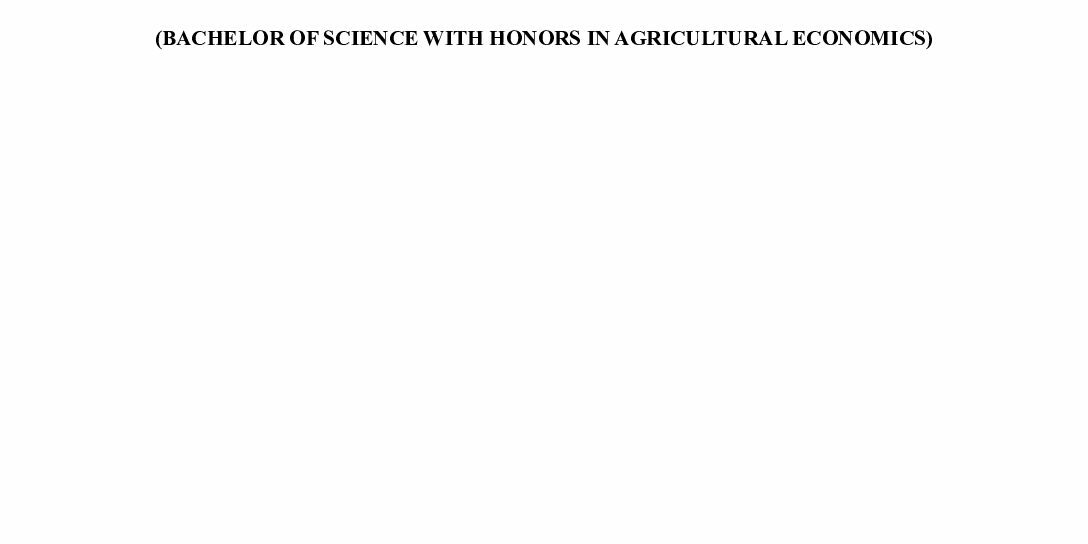The cashew industry presents significant opportunities for economic growth and poverty alleviation among smallholder farmers in Sierra Leone. This study focuses on the economic analysis of cashew processing and marketing among smallholder farmers in Kambia District, North-West Sierra Leone.
The study employed a mixed-methods approach, combining qualitative and quantitative data collection. Findings reveal that cashew processing is primarily manual, with limited access to modern technologies. Most smallholder farmers process raw cashews into kernels, but value addition remains minimal due to constraints such as inadequate processing equipment and lack of technical skills. Despite these challenges, cashew processing contributes significantly to household income, serving as a critical source of livelihood diversification.
Marketing strategies are largely informal, relying on local markets and small-scale traders, with limited access to regional or international markets. Farmers face challenges such as low bargaining power, inadequate market information, and price volatility. These constraints hinder their ability to maximize returns from cashew production and processing.
To address these challenges, the study recommends investments in modern processing equipment, training programs to improve processing skills, and the establishment of cooperative networks to strengthen market access and bargaining power. Additionally, enhancing infrastructure, providing financial support, and linking farmers to export markets could significantly improve the economic outcomes of cashew farming. These strategies hold the potential to enhance income generation and overall livelihoods for smallholder farmers in Kambia District.


